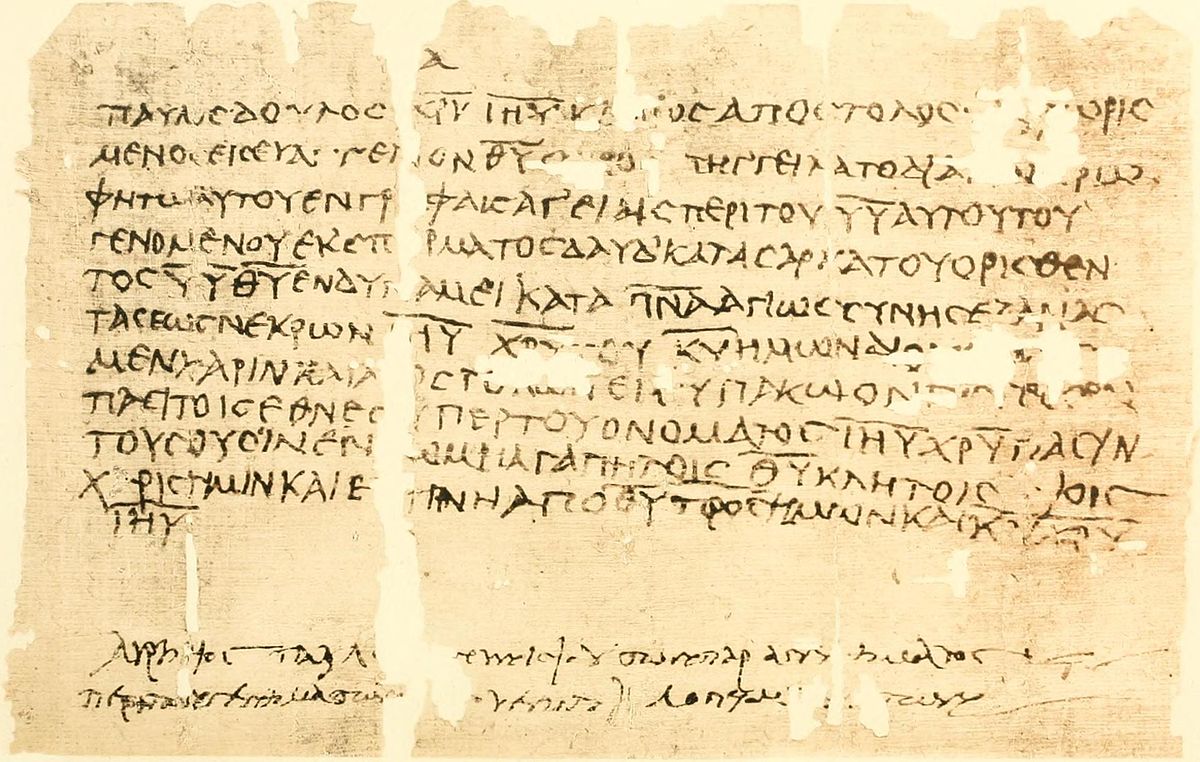St. Paul now rejects a third possible objection, or misunderstanding, concerning the gospel. The beginning of verse 9 could read one of two ways: “Are we any better off?” or “Are we at a disadvantage?” What is the point? St. Paul is condemning a view that tries to pit one sinner against another, as if one has better or worse standing before God based on ethnicity or human judgment. “All have sinned and fall short of the glory of God.” “None is righteous.” “No one does good.”
St. Paul is still combating a view that approaches God through the law, looking for a loophole or something to tip the scales a bit. The fact of the matter is that, while the law drives us to Christ, it is only through the gospel that we can approach God with the expectation of mercy and salvation; it is only through faith in God’s promise of grace. Apart from the gospel, and faith in it, all are under the power of sin. Notice St. Paul says “sin,” the singular. He is speaking of the sin we are born with, the sin that gives birth to sins. Because of this sin, we instinctively sin against the First Commandment, from which all the other commandments flow. Because we do not love God, our throat is an open grave, our feet are swift to shed blood, etc.
Thus, the mouth is stopped. Gone are the excuses St. Paul has rebuffed. Gone is any attempt to find loopholes and tip the scales. All that is left is the awkward silence of the damned. All that is left is accountability. All that is left is a clarity of mind, the worst punishment of all, which sees sin in all its despicability, gravity, and damnability. Will that not be the greatest suffering of hell? Being separated from God and knowing for all eternity that you yourself merited every bit of that separation, that is, being keenly aware of sin.
We cannot justify sin, especially not by the law. We cannot even excuse sin by the law. Rather, we the law rejects any attempt to defend, rationalize, or diminish our wickedness and our culpability for it. The law merely declares the law’s verdict on sinners, the fruit of the power of sin: guilty. And that verdict, echoed by the hammer of the justice’s gavel, rings for all eternity, forbidding anyone to forget it.
But… While we cannot justify our sin, God can justify us, and he has done so in Christ. St. Paul continues, in the passage we will study tomorrow: “But now the righteousness of God has been manifested apart from the law.” Here is our hope. Here is our salvation. Here is our justification. It is no loophole. Christ’s blood is no loophole—it is God’s justice in all its severity. But… Thank God St. Paul keeps writing.

